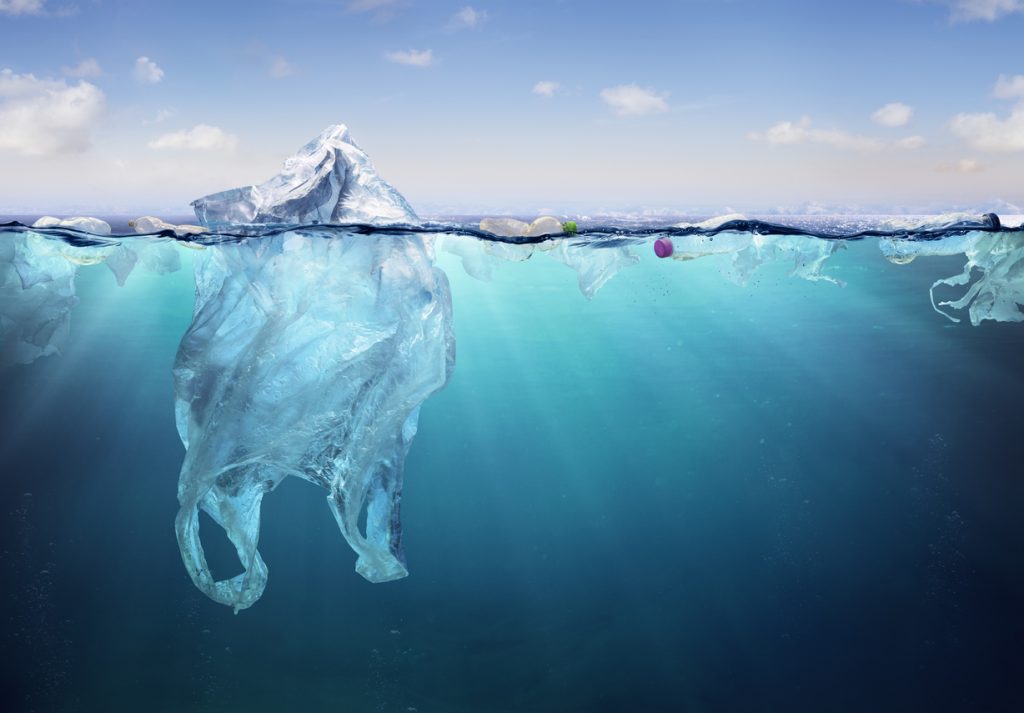In Canada, scientists presented their work on an alternative to the plastic currently used. We are talking about a bioplastic which, in addition to being biodegradable, is capable of absorbing pollutants while fertilizing the soil at the time of its decomposition.
A biodegradable and depolluting plastic
While the world produces an average of 430 million tonnes of plastic each year, only 15% is collected for recycling, with less than 9% actually recycled after loss. The rest ends up in landfill (46%), in nature (22%) or incineration (17%). Unfortunately, plastics represent at least 85% of all marine waste, according to a UN publication.
Among the initiatives representing an alternative to the different types of existing plastics, we find the notion of bioplastic. On April 4, 2024, a team of researchers from the University of Saskatchewan (Canada) published the details of its innovation in the journal RSC Sustainability. We are talking here about a bioplastic in the form of granules obtained, among other things, using egg shells.
In their report, the scientists emphasize that the granules are biodegradable, but also that they have another quality. Indeed, bioplastic is capable of absorbing certain pollutants such as phosphates, which are found in particular in certain surface waters.
granulated fertilizer

Credits: iamporpla / iStock
Very interesting advantages
Made up of natural and biodegradable materials (wheat straw, marine polysaccharides and eggshells), the Canadian researchers’ bioplastic decomposes in nature, restoring nutrients. This material can therefore contribute to soil fertilization and thus promote a reduction in the use of chemical fertilizers.
Furthermore, the granules absorb phosphates and limit pollution of rivers and other waterways. Vital for the life and growth of plants, phosphates can however contribute to soil depletion or even air pollution. It is also an important natural resource (non-renewable) which is used in the composition of many fertilizers. However, by absorbing phosphates in water, this bioplastic also makes it possible to avoid mining which is itself very problematic on an environmental level.
Finally, let’s highlight another very interesting quality. The bioplastic in question makes it possible to avoid a very serious phenomenon: the decomposition of plastics into micro and nanoplastics. It turns out that these particles are currently present almost everywhere on Earth, in precipitation, food and even drinking water. Beyond the environmental issue, plastic particles now represent a public health issue. According to a recent study, the microplastics that we ingest can migrate to our brain.



